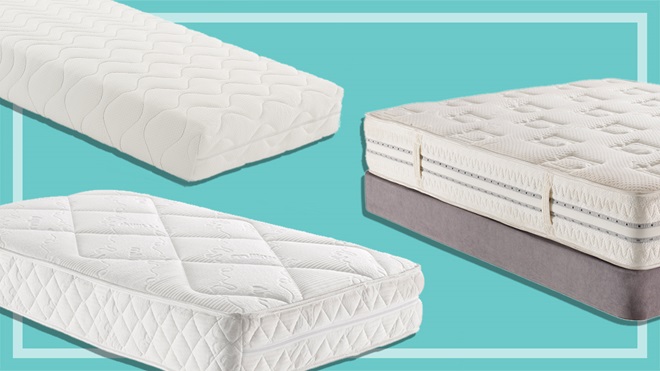If you had told me five years ago that one of the industries that would see the greatest change in the coming years was the mattress industry, I would have been surprised. That is, however, exactly what has happened.
In 2017 we published an
investigation into shady practices in the industry. It revealed that major
brands like Sealy and Sleepmaker were selling the same model of mattress
through different retailers but applying a different look and product name,
making it impossible to compare prices across stores. This was in turn allowing
retailers to charge exorbitant prices, with mark-ups of up to 200% common.
We also demonstrated why you should never pay full price for
a mattress in a retail store, with our mystery shopper negotiating discounts of
up to 68%, simply by asking.
That investigation came
on the cusp of a new wave of mattress manufacturers, led by the 'mattress in a
box' businesses that bypassed traditional retail outlets to deliver new types
of mattresses at lower prices and to your door. Some of these performed quite
well in our tests. But in the years since, the mattress in a box industry has
also become harder to navigate, with a range of new entrants competing through
increasingly complicated product variations.
There are a few reasons why mattresses have attracted so
much attention from businesses. They're big purchases, only made every decade or
so, which means they can easily attract a high price. It also means that as
consumers we're at a distinct disadvantage, lacking the kind of knowledge we
have about products we buy more often.
Sleep deprivation is such a broad problem that the US Centers for Disease Control and Prevention has labelled it a 'public health epidemic'
Another reason is that mattresses are just one part of the
sleep industry, which is very big business.
Sleep deprivation is such a broad problem that the US Centers
for Disease Control and Prevention has labelled it a 'public health epidemic'.
This is partly because of the number of people it affects, and partly due to
the other health issues associated with poor sleep, such as hypertension,
depression and obesity.
That has led all sorts of businesses to get into the game,
pushing products ranging from herbal supplements to white noise machines.
In navigating this increasingly complex market, our usual
advice applies. Miracle cures are rarely miraculous or curative, and simple
steps like eating well or doing exercise are often more effective than a
treatment supported by dubious scientific claims.
Ultimately, you need to do what works for you. But before you shell out lots of money, know that there are lots of businesses in the sleep business that are more interested in their profits than your serenity.
Stock images: Getty, unless otherwise stated.



